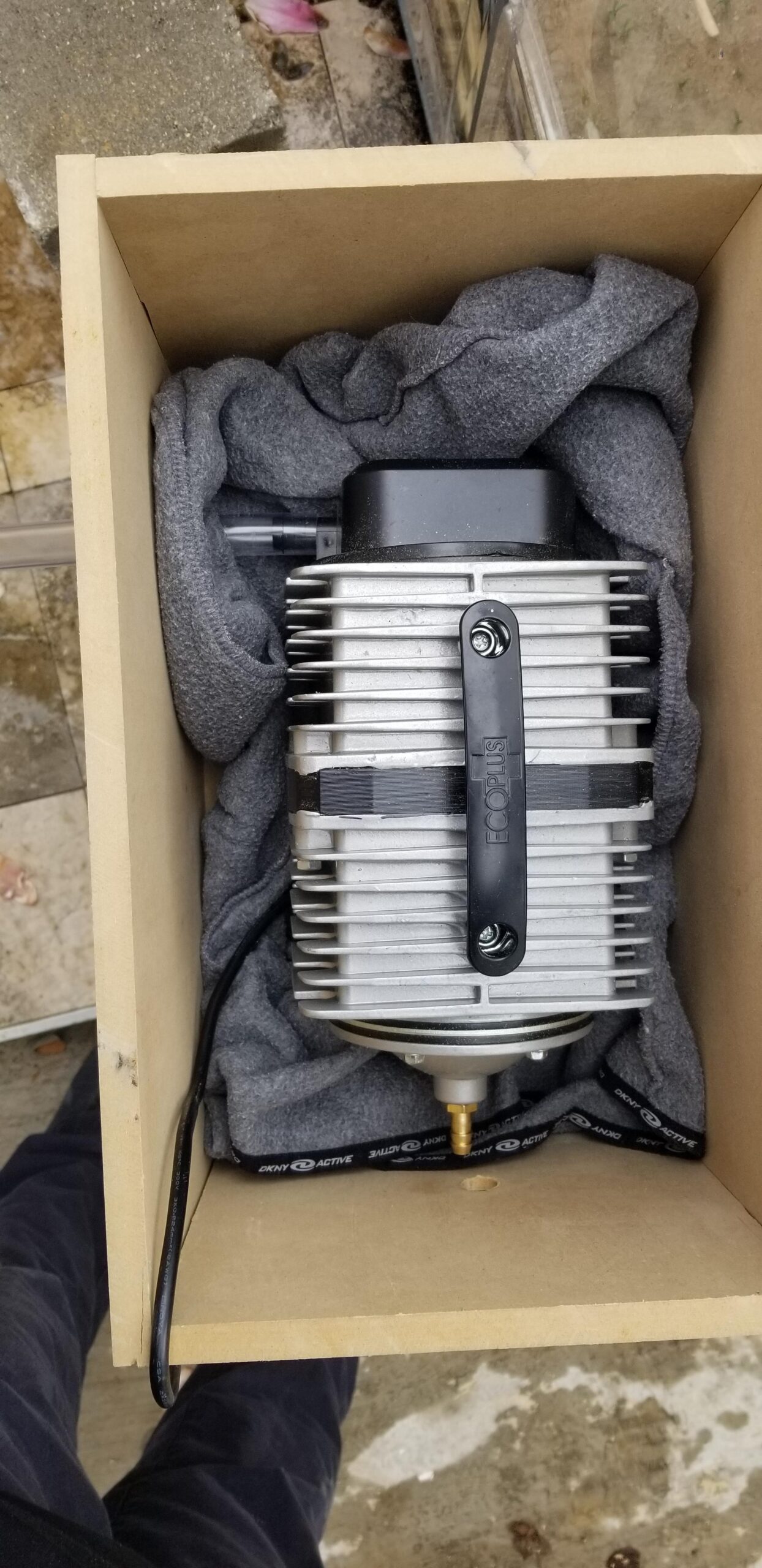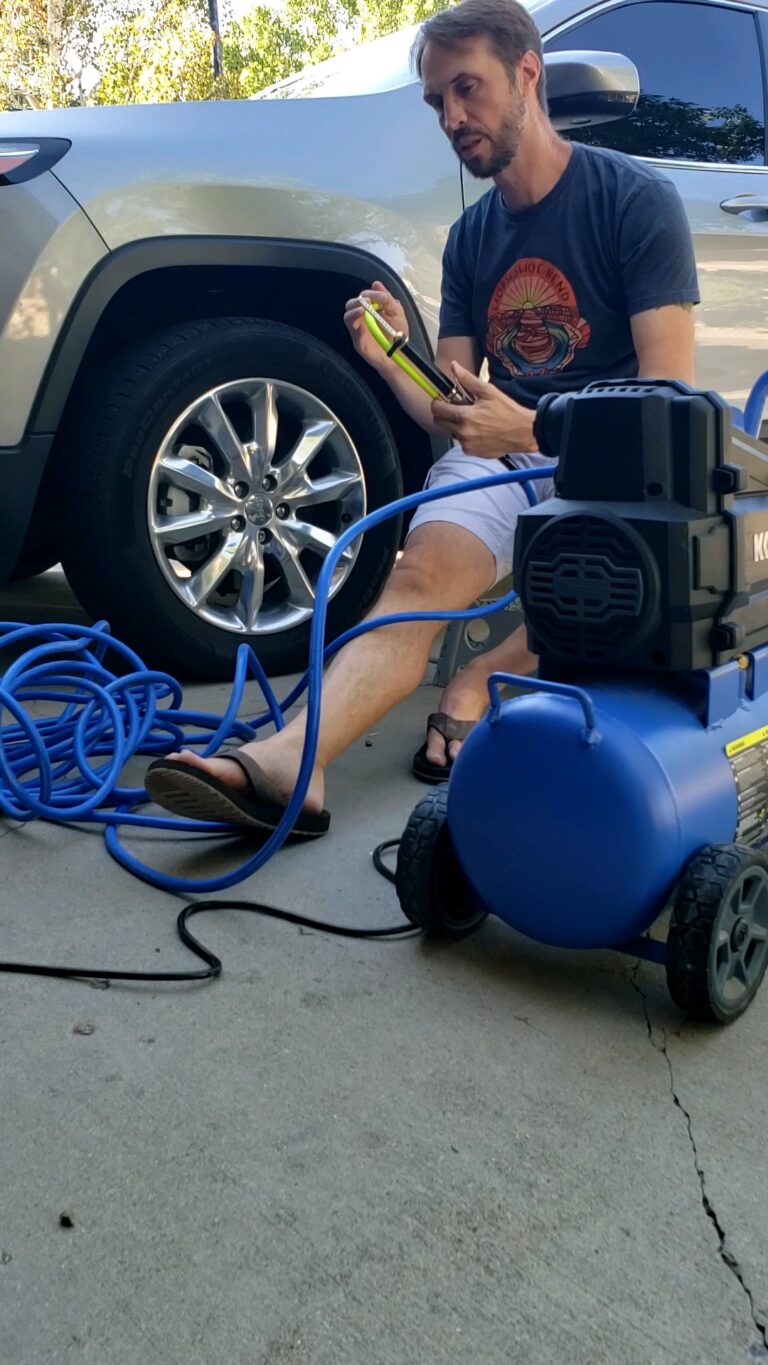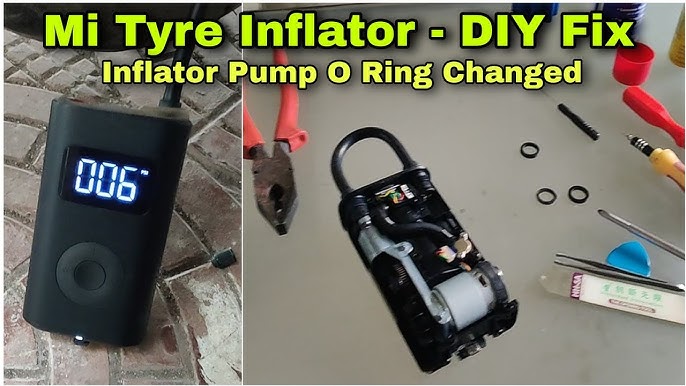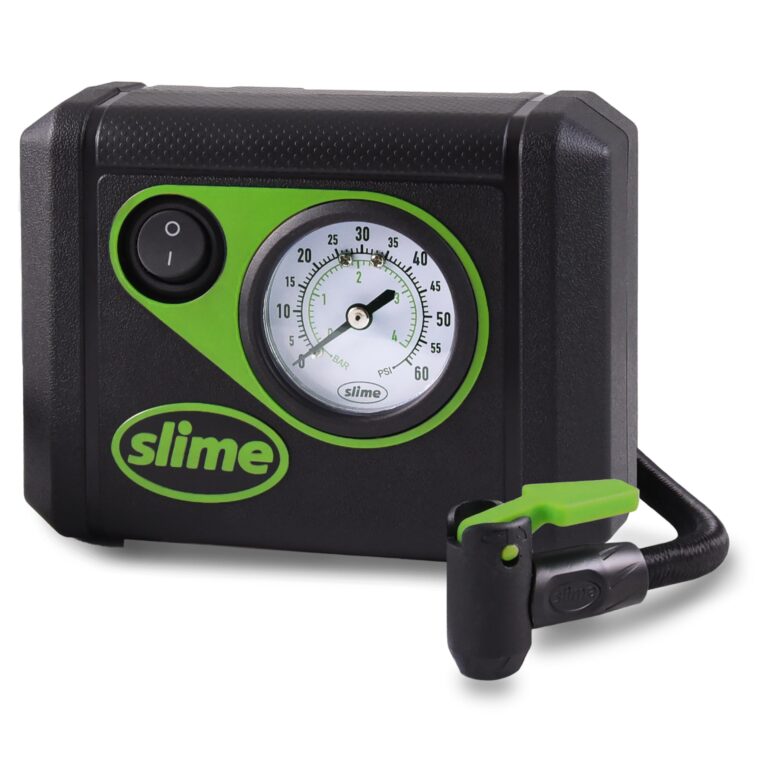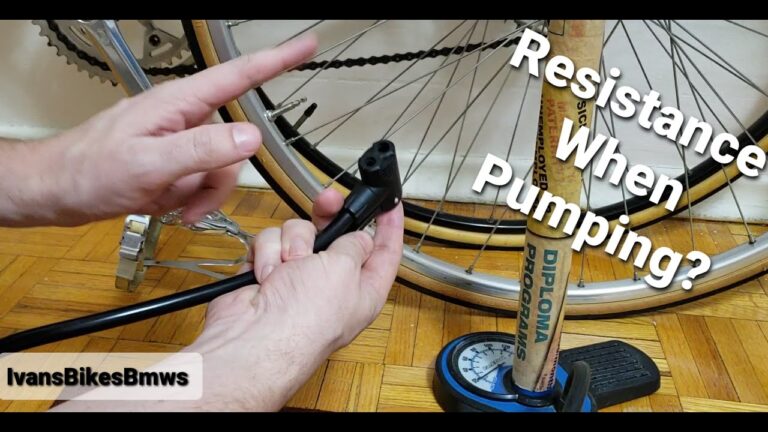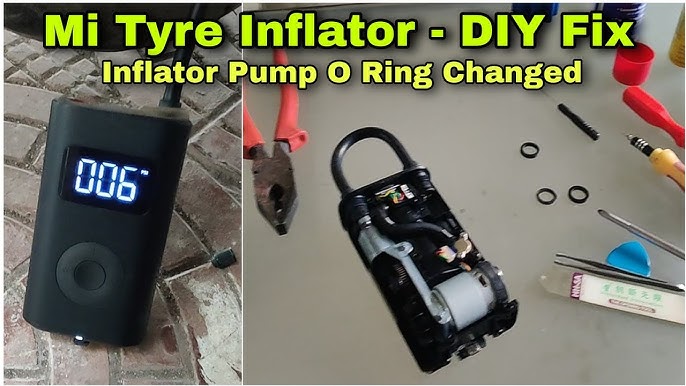Tire Pump Sound: Troubleshooting Common Noise Issues
Have you ever noticed the distinct sound that a tire pump makes when you are inflating your vehicle’s tires? The familiar hum and whirr of the pump can have a significant impact on your driving experience. Let’s explore the importance of tire pump sound and how it affects your vehicle.

Understanding Tire Pump Sound
When you connect a tire pump to your vehicle’s tire valve and start inflating, you will hear a characteristic sound that is produced by the pump’s motor and internal components. This sound is a result of the air being compressed and forced into the tire to reach the desired pressure level.
The intensity and pitch of the tire pump sound can vary depending on the type and quality of the pump you are using. Higher-quality pumps tend to operate more quietly and efficiently, while lower-quality pumps may produce louder and more disruptive noises.
The Importance of Tire Pump Sound
The sound produced by a tire pump can indicate the efficiency and performance of the pump itself. A smooth and consistent sound typically suggests that the pump is functioning properly and inflating the tire effectively.
On the other hand, irregular or loud noises during the inflation process may signal issues with the pump, such as air leaks, motor malfunctions, or damaged components. Monitoring the sound of the tire pump can help you identify potential problems early on and prevent further damage to your vehicle.
Enhancing Your Driving Experience
While the sound of a tire pump may seem like a minor detail, it can actually contribute to your overall driving experience. A quiet and efficient pump can make the tire inflation process smoother and more convenient, allowing you to maintain optimal tire pressure with minimal effort.
Additionally, a reliable tire pump that operates quietly can help reduce noise pollution and disturbance, especially if you need to inflate your tires in a residential area or late at night. Choosing a well-designed pump with sound insulation features can make the task of inflating your tires more pleasant for both you and those around you.

Best Practices for Tire Pump Sound
To ensure that the tire pump sound remains at an acceptable level and indicates proper functionality, consider the following best practices:
- Regularly inspect and maintain your tire pump to prevent potential issues.
- Invest in a high-quality pump with noise-reducing features for a quieter operation.
- Follow the manufacturer’s instructions for proper use and care of the pump.
- Monitor the sound of the pump during inflation to detect any unusual noises or vibrations.
By following these practices, you can optimize the performance of your tire pump and ensure a smooth and efficient tire inflation process every time.
Frequently Asked Questions
What Does A Tire Pump Sound Like?
A tire pump produces a rhythmic hissing or whirring sound as it inflates tires.
Why Is My Tire Pump Noisy?
Noisy tire pumps can indicate wear or a problem with the motor. Regular maintenance helps reduce noise.
How To Silence A Loud Tire Pump?
Using rubber mats or placing it on soft surfaces can help absorb noise and reduce vibrations.
Is A Tire Pump Sound Normal?
Yes, a tire pump sound is normal during operation, indicating it’s working effectively to inflate tires.
Conclusion
In conclusion, the sound of a tire pump plays a crucial role in maintaining your vehicle’s tire pressure and overall performance. By paying attention to the sound produced during inflation and following best practices for pump maintenance, you can enhance your driving experience and prolong the lifespan of your tires.
Next time you inflate your tires, take a moment to listen to the familiar hum of the tire pump and appreciate its significance in keeping your vehicle safe and roadworthy.

